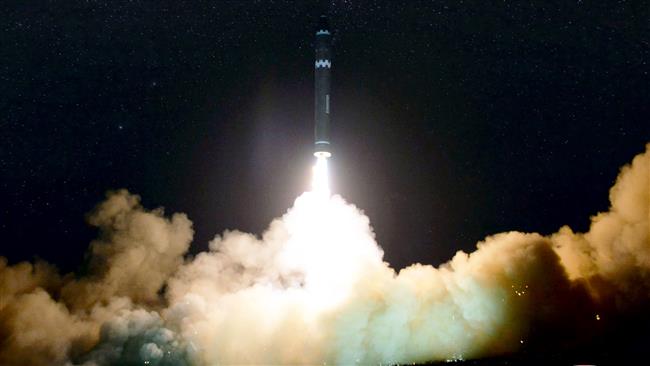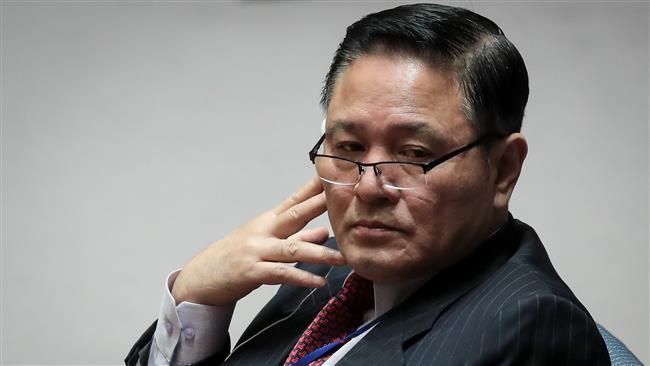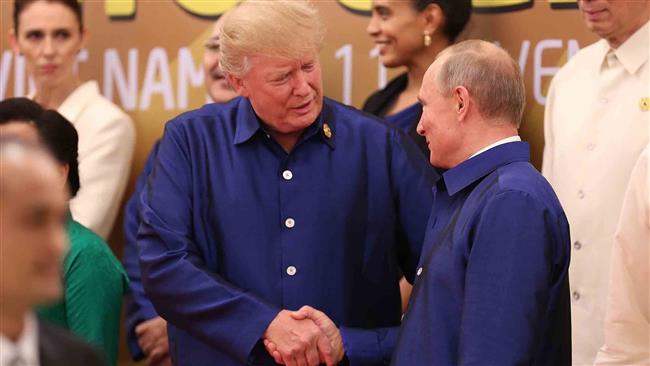Mattis believes North Korea's ICBM not ‘capable threat’ to US
US Defense Secretary James Mattis says he does not believe that North Korea’s intercontinental ballistic missile (ICBM) could pose an imminent threat to the United States.
Mattis told reporters on Friday that analysis continued on Pyongyang’s most recent missile test, which he sees no threat against America.
"It has not yet shown to be a capable threat against us right now ... we're still doing the forensics analysis," he said.
Mattis, however, did not clarify what was lacking in Pyongyang’s last month test that was not a “capable threat.”
On November 29, North Korea confirmed it had successfully tested a new type of ICBM called the “Hwasong-15,” that is capable of reaching anywhere in the United States.
Immediately after the launch, Mattis himself said the missile had gone higher than any previous North Korean launch and described it as part of a research and development effort by Pyongyang "to continue building ballistic missiles that can threaten everywhere in the world, basically."

The US-based Union of Concerned Scientists also said the missile was capable of reaching Washington DC. It explained that, based on its trajectory and distance, the new missile would have a range of more than 13,000 kilometers — more than enough to reach the US capital.
Mattis said on Friday that “we're ready to have conversations ... dialogues,” with North Korea, but Secretary of State Rex Tillerson stepped back on Friday from his offer of unconditional talks with Pyongyang and called on North Korea to carry out "sustained cessation" of nuclear weapons testing to allow the two countries to hold talks.
Pyongyang has vowed "under no circumstances" it will put its nuclear and missile program on the negotiating table.
The North says its nuclear capability is a deterrent against potential foreign aggression.

US ‘guarantees’ Israeli withdrawal from Lebanon before truce ends: Report

US raises bounty for Maduro after Venezuela swears him in

Panama official rejects Trump threat to take back canal control
VIDEO | Biden’s legacy in West Asia
South Korea says North launched several missiles off east coast
Israel kills 204th journalist in Gaza since October 2023
Trump would have been convicted if not reelected: Ex-US special counsel
Israeli media: Trump promises Netanyahu to violate nascent Gaza truce
VIDEO | Turning point: Aoun’s presidency in Lebanon
The impulse behind Iran-Russia strategic partnership
Israeli radio: Emerging Gaza ceasefire deal ‘complete failure’ for regime










 This makes it easy to access the Press TV website
This makes it easy to access the Press TV website